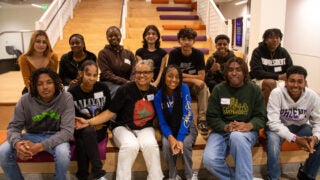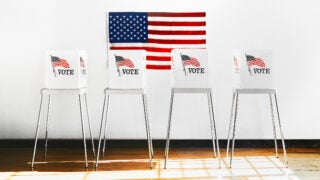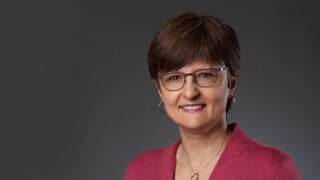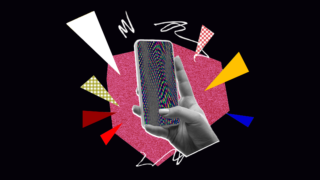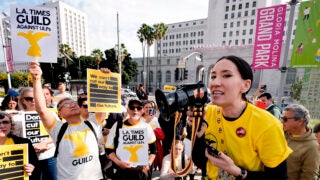The program, a collaboration between USC Annenberg and the parent company of Instagram and Facebook, offered underrepresented students from L.A. schools an opportunity to improve social media’s mental health impact on young people.
Social Media
News Listing
With misinformation on the rise and American voters increasingly losing faith in elections, USC experts explore strategies to restore confidence in democracy.
Lerman, an expert on how people communicate in digital spaces, explains how misinformation thrives on emotional triggers — and why traditional fact-checking often misses the mark.
USC scholars explain why social media is so all-consuming — and how we can help break the habit.
The free and informed press, long considered a cornerstone of American democracy, has reached an inflection point. USC experts discuss.
It’s difficult to moderate content on real-time social media platforms. Two researchers from USC Viterbi’s Information Sciences Institute are out to change that.
Luca Luceri of USC’s Information Sciences Institute is part of a team that is using science to guide social media regulations.
A USC researcher analyzed millions of tweets to shed light on a new dimension of K-Pop’s influence: public health.
Frequent and infrequent users of social media respond differently to social rewards, a USC Dornsife study reveals. That means that altering a platform’s structure may curb users’ bad habits.
“Ask Gen Z: A Deep Dive into Gen Z’s Scrolls” from USC Annenberg’s Center for Public Relations and Day One Agency examines how they consume news, how and why they spend time online, and who influences them.

